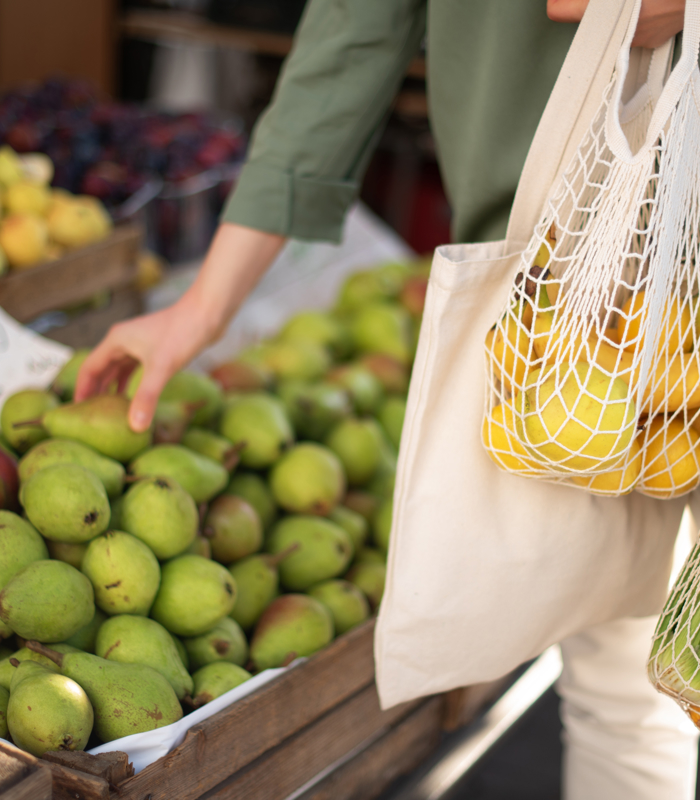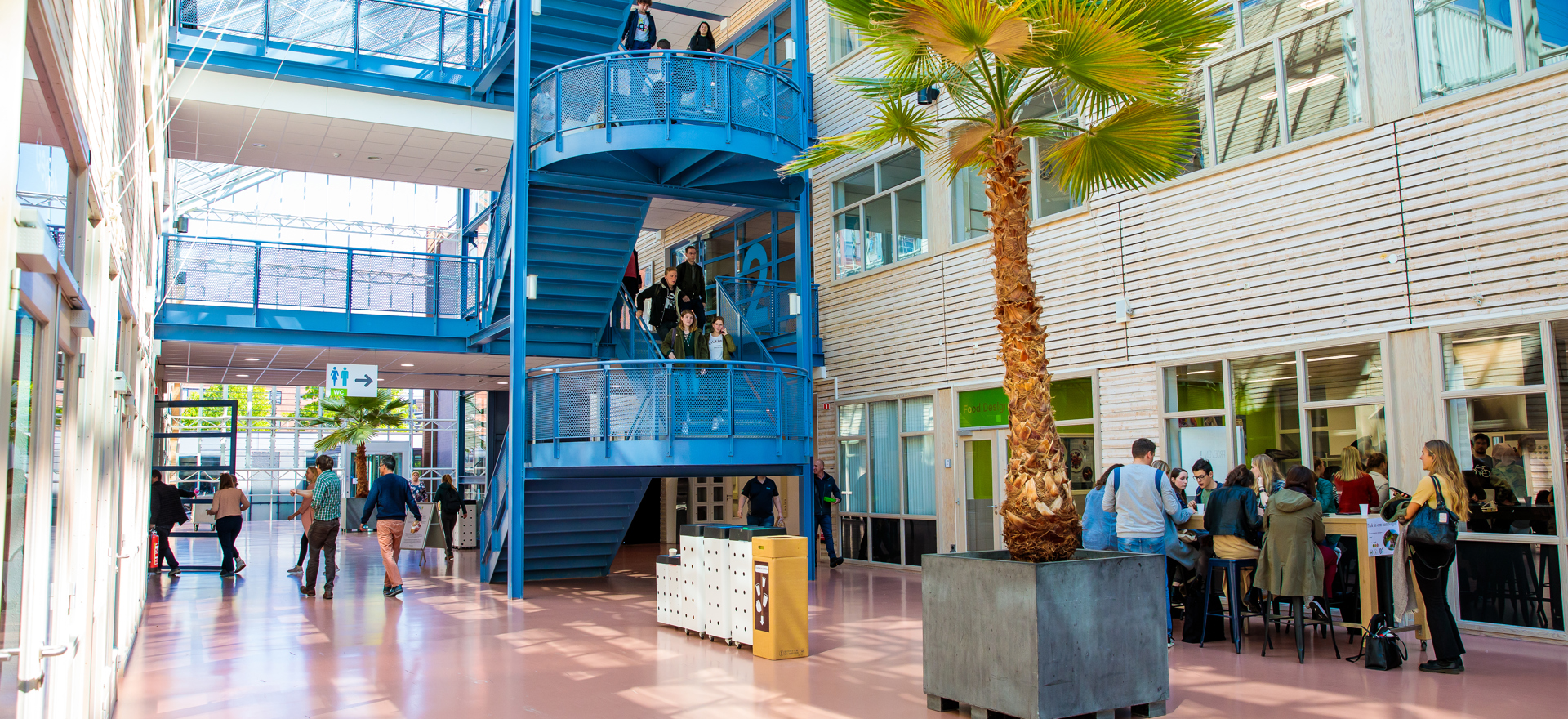The 20-week program consists of guest lectures and theory lessons, excursions, and interdisciplinary project work.
Guest lectures and theory lessons
This minor is unique in the line-up of guest-speakers. Many guest speakers will inspire you and offer insight into their perspective on the food environment. Well-known scientists, the food industry, social organizations, food services, and local or national government authorities explain their role in the food environment and what they can contribute. There is plenty of opportunity for discussion with the speakers during these lectures, so you can gain insight into the interests of various stakeholders and form your own critical opinion about the food environment. A number of excursions are included in the program.
Theory lessons are designed around the food environment and the consumer. You will learn about nutrition and health, and what the term ‘food environment’ really means. Lectures on behavioural change will give you insight into various strategies that encourage consumers to make healthier choices. Legislation and labelling lessons look in detail at the information on food packaging. There are assignments linked to all lessons, so you can further familiarize yourself with the material.





